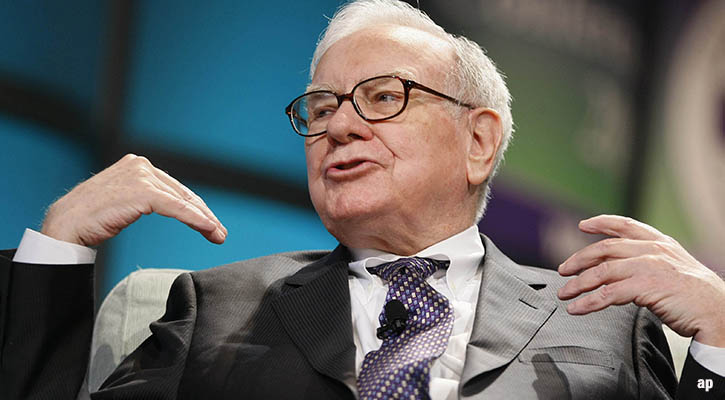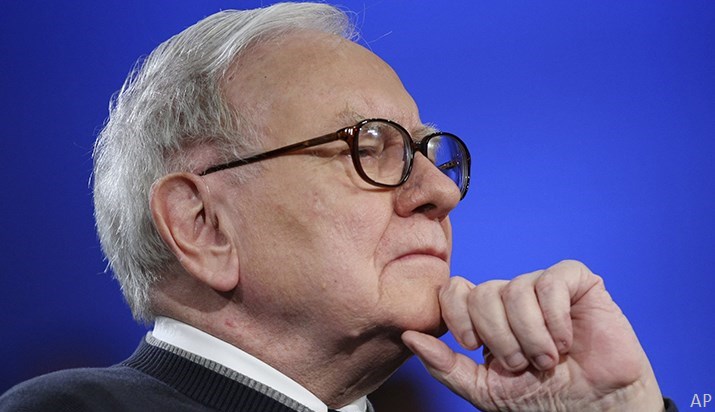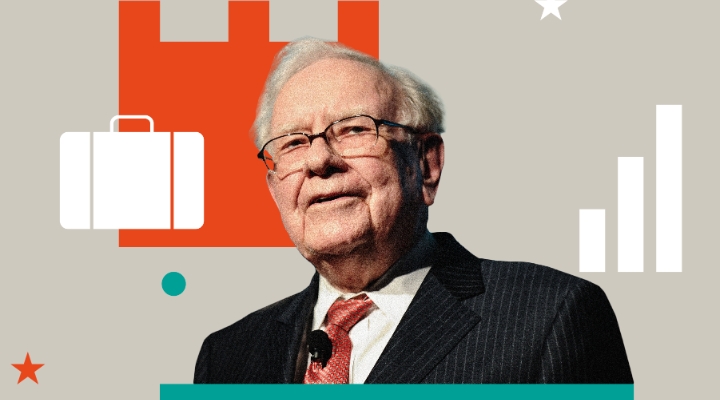
We were a little surprised to see wide-moat rated Berkshire Hathaway (BRK.A) (BRK.B) actually announce today that Greg Abel would be Warren Buffett's successor as chief executive once he departs the scene. The surprise, though, was in the timing of the announcement (which apparently was forced by a slip-up on Charlie Munger's part during the annual meeting this past weekend) as opposed to the announcement itself, both of which have had a positive impact on the stock, as it removes one of the major uncertainties hanging over the company.
We have long believed that Abel was the most likely successor to Buffett, given his age (59) – which satisfies Buffett's criterion that the company's next "CEO should be relatively young, so that he or she can have a long run in the job" – and his combination of both operational and capital allocation experience during his years at Berkshire Hathaway Energy.
With the company's next CEO expected to fill the role of capital-allocator-in-chief, there were two strong candidates in line to take the top job (at least from the time they've spent with the company and their understanding of what Buffett wants the next capital-allocator-in-chief to do): Ajit Jain, who oversees all of Berkshire's insurance operations, and Abel, who has stewardship of the non-insurance businesses.
While we've always thought that Buffett and the board had some deference toward Jain; he's closer to 70 and has not shown much interest in following in Buffett's footsteps (given the pressures of being in that spot once Buffett departs). We've always thought that Berkshire would likely be better served longer term by having Jain to continue to oversee the insurance business (which is really where his passion lies) and have Abel – who will work closely with Jain, as well as Ted Weschler and Todd Combs – focus on properly allocating Berkshire's capital. Buffett did note that while Abel would succeed him if he departed tomorrow that Jain would succeed Abel if anything were to happen to him.
Berkshire Hathaway 2021 Meeting - Key Takeaways
While the Berkshire Hathaway annual meeting has always been entertaining, it hasn't generally been a big source of meaningful insight into the firm's operations. This year's event, which had the feel of past meetings - with CEO Warren Buffett and Charlie Munger joined by Ajit Jain and Greg Abel on a stage that resembled the one in Omaha taking questions directly from Becky Quick - was likely more comfortable for shareholders. That said, we feel that it was lacking in enough good quality questions aimed at the managers about the inner workings of Berkshire's businesses. We also think one of the biggest drawbacks of the annual meeting format is that it prohibits follow-up questions, which might directly challenge statements coming from management during the course of the meeting. We felt there were many moments that went begging for follow-ups.
If we had to sum up our key takeaways from this year's meeting, at least from an analyst's perspective (which is likely different than what a shareholder or investor is looking for), we would highlight the following: management's discussion of Berkshire's lack of buying activity during the coronavirus market sell-off last year, the need for the firm to potentially raise its pandemic-related loss reserves, the notion that Buffett may raise the $20 billion cash backstop he's had in place for the insurance operations and his thoughts about the "dry powder" Berkshire has to pursue acquisitions, and the competitive positioning of both US car insurance division Geico and railroad network BNSF relative to their better-performing peers. Our general feeling over much of the past year has been that Berkshire was right to guard its cash reserves, and that with viable investment opportunities few and far between the past 12 months, the best option for the company's excess cash has been Berkshire's own common stock.




























